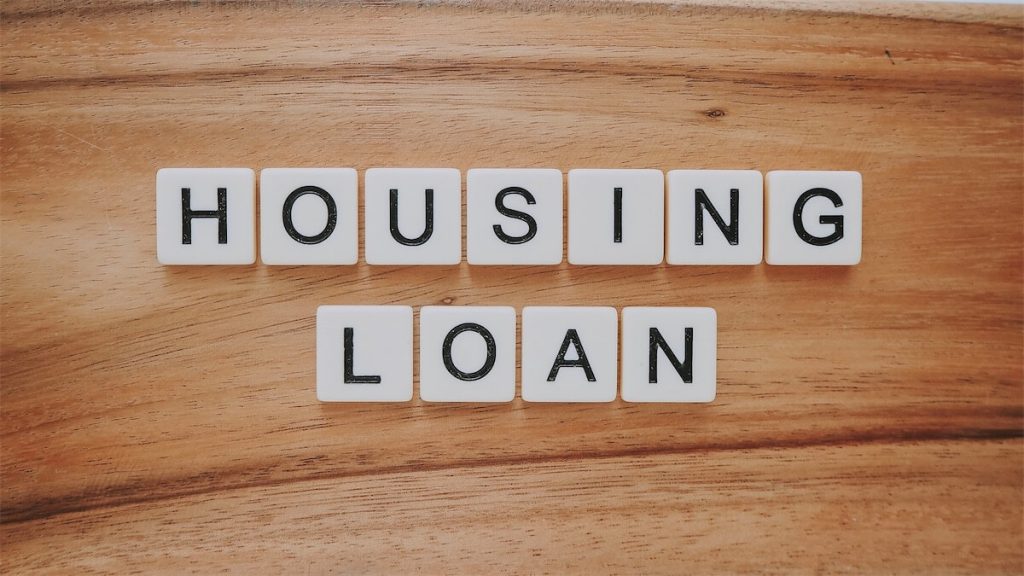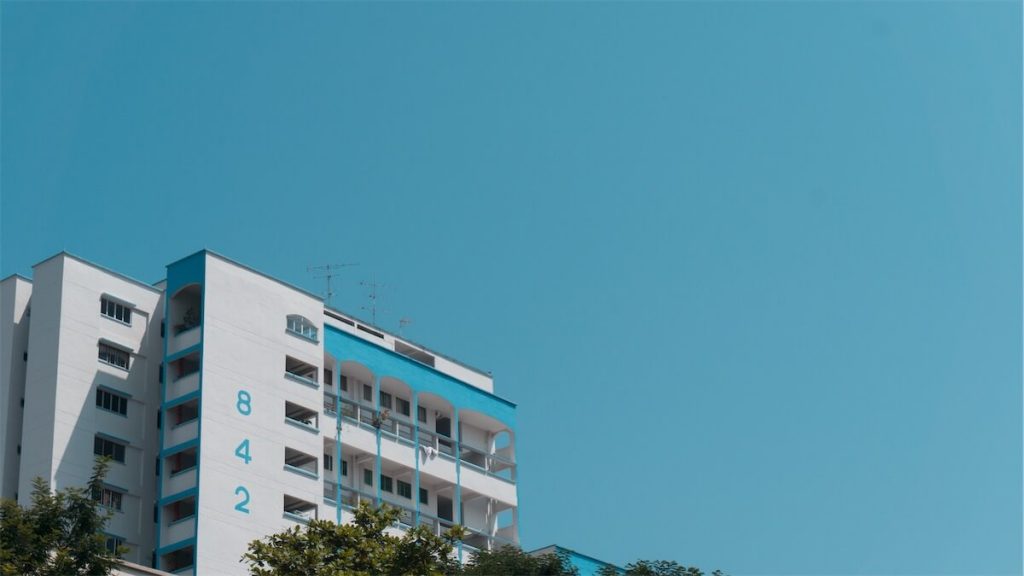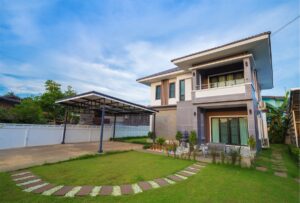Navigating the process of applying for a home loan in Singapore can feel like a bit of a minefield. Whether it’s taking up a home loan on your first property, or renewing an existing home loan, knowing how to make smart borrowing decisions is a piece of practical wisdom no homeowner should be without.
In this guide, we put together some tips to make shopping for the right home loan easier for first-time homeowners.
What are the types of home loans available in Singapore?
Whether you’re newly married, single, or just looking to move out of your parents’ flat, you’ll need to get a home loan.
There are two options when it comes to taking out a home loan in Singapore: 1) HDB Concessionary Loan (HDB loan), and 2) loans from financial institutions (bank loans). Let us look into each loan type and its terms.

HDB loan
HDB loan is catered for those looking to buy HDB properties such as a Build-To-Order (BTO) flat, or an HDB resale flat. It’s not applicable if you plan to buy a private residence like an EC, condo, or landed.
The loan amount offered will also depend on several factors. Your age, financial situation, and monthly income are all key considerations. If you get an HDB BTO flat, HDB will assess your finances closer to the flat’s completion. This gives you more time to beef up your finances to be eligible for the HDB loan.
Thinking of getting a resale flat? Read our 10-step guide to purchasing one here.
HDB loan eligibility criteria
To be eligible for an HDB loan, check that you meet the following criteria:
| Citizenship | – At least 1 buyer is a Singapore citizen |
| Monthly income ceiling | – $14,000 for families – $21,000 for extended families – $7,000 for singles buying a resale 5-room (or smaller) flat or a new 2-room Flexi flat in a non-mature estate |
| Household status | – Have not previously taken 2 or more housing loans from HDB – Have taken 1 housing loan from HDB. The last owned property is not a private residential property (local or overseas) |
| Ownership | – Must not own or have disposed of any private residential property in the 30 months before applying for an HDB Loan Eligibility (HLE) letter. – Do not own more than 1 market/hawker stall or commercial/industrial property – If owns only 1 of the above, you must be operating the business there, and have no other sources of income |
Find out more about the eligibility criteria for an HDB loan here.
HDB loan at a glance
| Interest rate | – 2.6% p.a. (pegged at 0.1% above the prevailing CPF OA interest rate which stands at 2.5%) |
| Loan-to-Value limit (LTV) | – New flats: up to 90% of purchase price – Resale flats: up to 90% of the resale price or value, whichever is lower – If the remaining lease cannot cover the youngest buyer to the age of 95 at the point of application, LTV will be prorated |
| Downpayment | – Up to 10% (full amount can be paid using CPF) |
| Early repayment | – Will not incur a penalty |
Find out how you can upgrade from an HDB to an EC here.
Bank loan
Unlike HDB loans, bank loans can be used for any property. This includes HDB flats and private properties.
Different banks in Singapore offer different types of home loans. You can choose from a fixed-rate package, floating rate package, or both. Interest rates for home loans offered by the banks in Singapore are pegged to fixed-deposit rate, SIBOR, SOR, SORA, or an internal rate determined by the bank.
Also, bank loans have fewer eligibility criteria to meet as compared to HDB loans. In general, you should have a good credit score and be looking to borrow a minimum loan size of at least $100,000.
Bank loan at a glance
| Interest rate | – Variable interest rates depending on packages – Typically ranges from 1.20% onwards |
| Loan-to-Value limit (LTV) | – Up to 75% |
| Downpayment | – Up to 25% (at least 5% must be paid in cash) |
| Early repayment | – Might incur a penalty |
| Loan amount | – Minimum loan amount required |
What is mortgage pre-qualification?
You may find property agents or mortgage brokers in Singapore requesting a pre-qualification before they start working with you.
A mortgage pre-qualification is purely procedural. This pre-qualification allows mortgage brokers and agents to work with you to determine how much you can afford and which loans are available for you.
It’s a fairly simple process. You only need to submit your financial information such as income statements and the savings and investments you have. Once this is completed, you’ll have a better idea of how much you can borrow and the price range of the homes you can afford.
Which home loan should you go for?
In general, an HDB loan is suitable if you’re more comfortable with a stable interest rate.
Compared to bank loans, HDB loans require a smaller downpayment and the downpayment can be paid via your CPF OA. So if you do not have much cash on hand, it’s better to opt for an HDB loan.
But, if you know your way around the housing market and know how to refinance your loan, a bank loan will be much cheaper in the long-run.
Read about the 5 key considerations when choosing to take an HDB loan or bank loan here.

How to find the right home loan suited for you
Remember, we each have our own unique financial requirements. Do not rush the process.
Your neighbour might have opted for fixed rates for their loan. Your best friend might have opted for a home loan that’s based on a variable rate. Note that their choices do not mean either of the loans are the right loan for you too.
Some people prefer a fixed-rate loan due to the stability, while others may be more comfortable with lower initial payments of a variable rate loan.
To make an informed comparison, it’s important to understand all of the components that go into your loan. At a glance, loans could feature the same interest rate. However, on closer look, you could find differences in the features and fees that would result in making one offer more expensive than another.
Before you decide on a home loan, we recommend 3 areas of consideration: volatility, frequency of change, and transparency. Ask yourself:
- What’s your appetite for volatility when it comes to interest rates?
- Are you open to the idea of changes in interest rates regarding budgeting for your home loan?
- Do you need to monitor the rate you’re paying on the home loan?
These questions will help you better understand the type of loan you’re more comfortable with and layout your requirements.

Here at FinanceGuru, we seek to help you better prepare for your finances and the upcoming milestones in your life. Get a non-obligatory assessment and loan product recommendations here.










